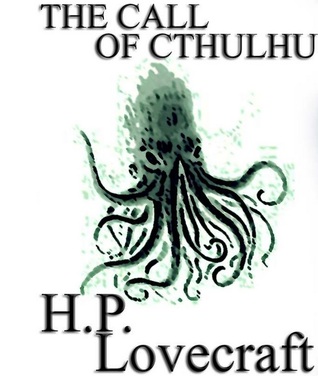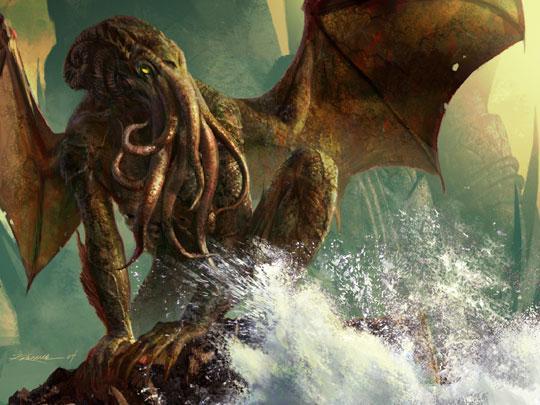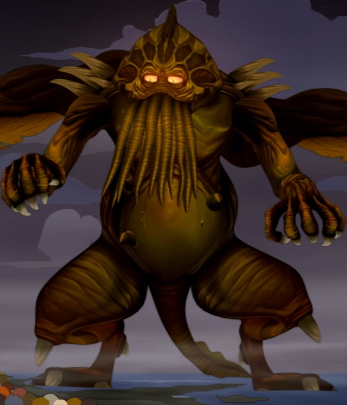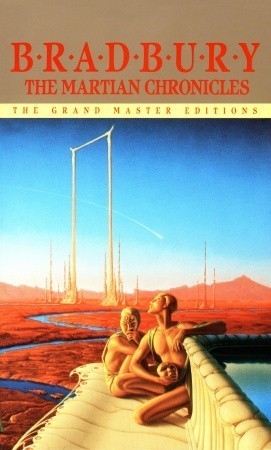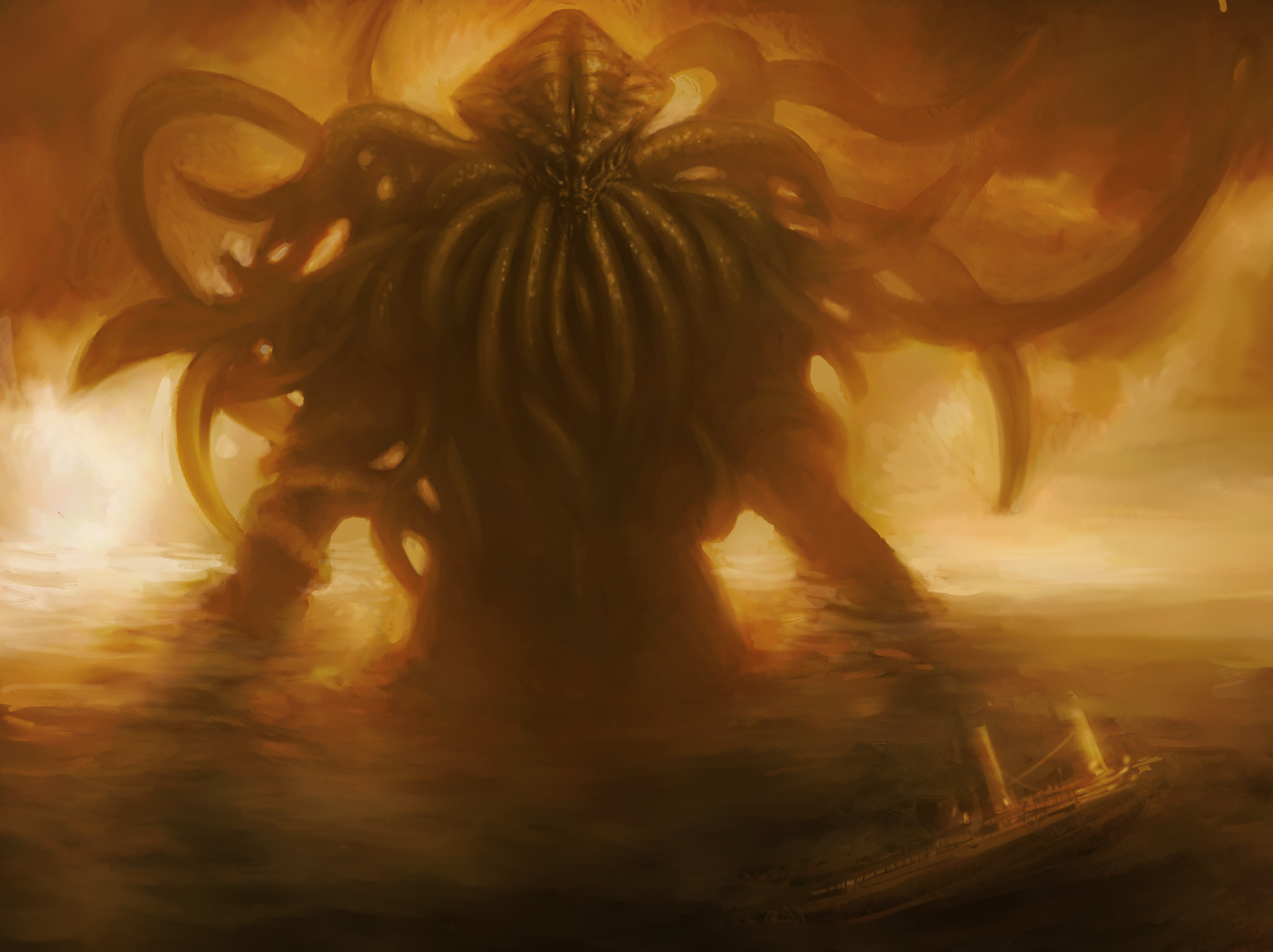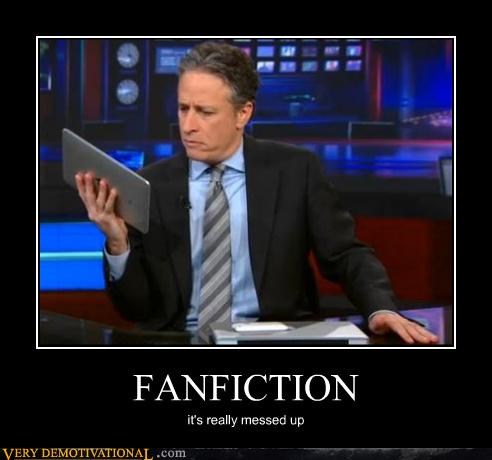Our book this week is The Looking Glass Wars by Frank Beddor. It's, obviously, a retelling of the Alice in Wonderland story. Alex and I have decided we're going to tell you about our favorite retellings.
I really love the Fables graphic novel series (I know! There's a graphic novel out there I really like! Who would have thought?) The whole series works on the premise that the fairy tales we know and love, are real people, who have all the magical power we always knew about. However, they were run out of their home by The Adversary. So now their in our world, trying to cover up all their magic and just trying to get back to their homes. Snow White essentially runs the place, the three little pigs live up at the farm in upstate NY with the other non human fairy tales, and prince charming... is actually kind of a jerk.
I like it because it's a very dark and gritty retelling of these tales we all know, and I think that it's very well done. It's about 17 books in (I think) and it's a very good series.

I'll go more into this when I review this week's book, The Looking Glass Wars, but I don't usually enjoy modernized versions of stories that have been retold five billion times. I like either subtlety in the retelling (like a lot of the Shakespeare retellings you get, to the point that unless you're familiar with the original, you might not even notice) or using a unique original that hasn't been done to death.
I really love the Fables graphic novel series (I know! There's a graphic novel out there I really like! Who would have thought?) The whole series works on the premise that the fairy tales we know and love, are real people, who have all the magical power we always knew about. However, they were run out of their home by The Adversary. So now their in our world, trying to cover up all their magic and just trying to get back to their homes. Snow White essentially runs the place, the three little pigs live up at the farm in upstate NY with the other non human fairy tales, and prince charming... is actually kind of a jerk.
I like it because it's a very dark and gritty retelling of these tales we all know, and I think that it's very well done. It's about 17 books in (I think) and it's a very good series.

No, I'm not just sucking up to my co-blogger... I really do think I See is my favorite retelling of an existing story.
I'll go more into this when I review this week's book, The Looking Glass Wars, but I don't usually enjoy modernized versions of stories that have been retold five billion times. I like either subtlety in the retelling (like a lot of the Shakespeare retellings you get, to the point that unless you're familiar with the original, you might not even notice) or using a unique original that hasn't been done to death.
When I tell people that my friend Cassy wrote a book based on the Cassandra myth, I get the look that means "should I be familiar with that? Because I'm not." It's not like retelling the Odyssey. And I like that.
Plus, it's well-executed... but you've heard me talk about this book before so I'll just leave it at that.
Plus, it's well-executed... but you've heard me talk about this book before so I'll just leave it at that.





